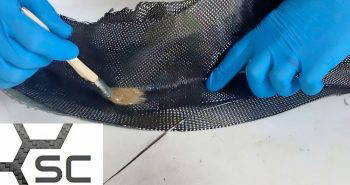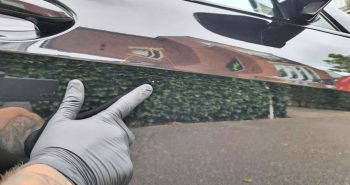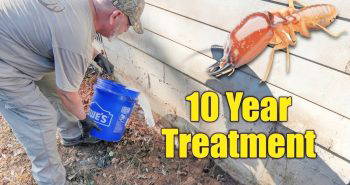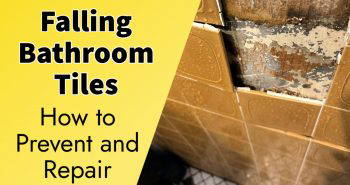I never thought much about squirrels until they started turning my backyard into their personal playground. From gnawing on the wooden deck to pilfering birdseed, these furry critters can become quite the nuisance. If you've found yourself in a similar situation, don't worry—I've discovered effective, natural ways to deter squirrels using scents they absolutely despise. Let's dive into the ten scents that can help you reclaim your space.
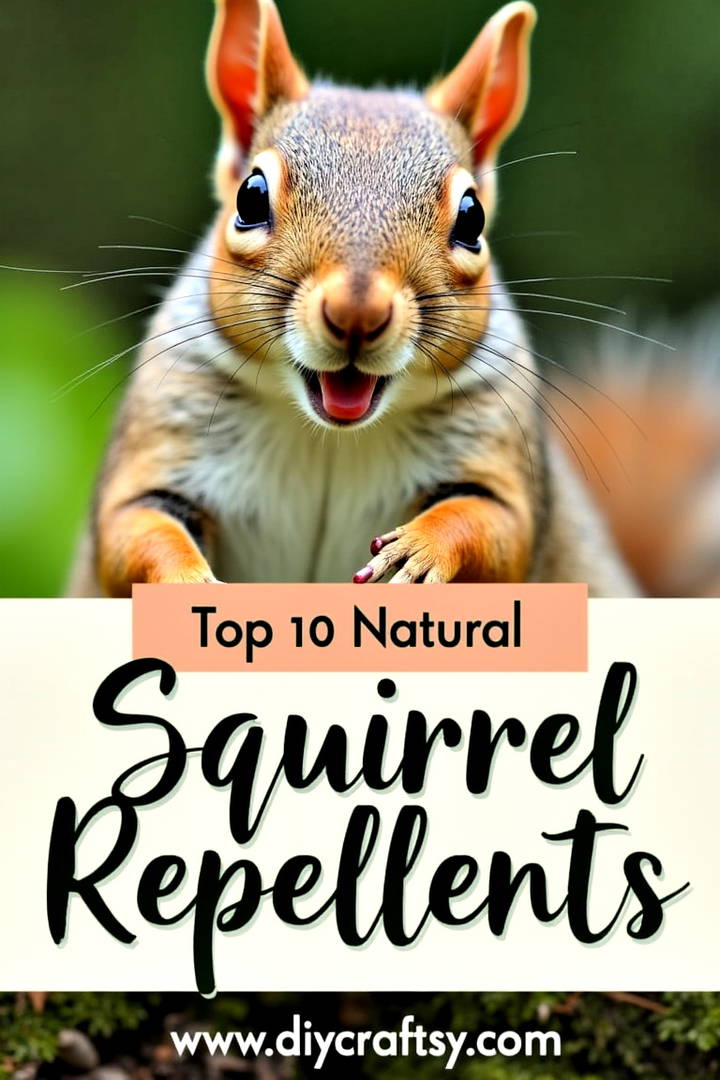
Understanding Squirrel Behavior
Before we jump into the solutions, it's essential to understand why squirrels behave the way they do. Knowing their habits can make it easier to deter them effectively.
Squirrels and Their Food Sources
Squirrels are opportunistic feeders with diets that change with the seasons. In the spring and summer, they munch on insects, fruits, and nuts. Come fall, they stockpile nuts, and in the winter, they resort to eating tree bark. If your yard has fruit trees or bird feeders, it's like a buffet invitation to them.
Why Squirrels Become a Nuisance
While they may look cute, squirrels can cause significant damage:
- Property Damage: They chew on wood siding and electrical wires, posing fire hazards.
- Garden Destruction: They dig up bulbs and steal fruits and vegetables.
- Indoor Invasions: They sometimes nest in attics, tearing up insulation and leaving droppings.
Understanding these behaviors highlights why it's crucial to find humane ways to keep them at bay.
The Damage Squirrels Can Cause
I've seen firsthand how quickly squirrel damage can escalate. One week they're frolicking in the trees; the next, they're nesting in the attic.
Outdoor Damage
Squirrels can wreak havoc outside your home:
- Chewing: They gnaw on decks, furniture, and even plastic containers.
- Digging: They uproot plants and bulbs in search of food.
- Bird Feeders: They're notorious for raiding feeders, scaring away the birds you actually want to see.
Indoor Damage
If they find a way inside:
- Nesting: They build nests in attics using insulation, which can reduce your home's energy efficiency.
- Droppings: Their waste can carry diseases and create unpleasant odors.
- Noise: Scratching and scampering sounds can disrupt your peace.
Now that we understand the problem, let's explore the solutions.
10 Scents That Squirrels Hate
I've experimented with various natural scents, and these ten have proven effective in deterring squirrels.
1. Peppermint Oil
The fresh scent of peppermint is invigorating to us but repulsive to squirrels.
How to Use It:
- Spray Solution: Mix 10-15 drops of peppermint essential oil with a cup of water in a spray bottle. Spritz it around areas where squirrels are active.
- Cotton Balls: Soak cotton balls in peppermint oil and place them near entry points or nesting sites.
2. Capsaicin
Capsaicin is the active component in chili peppers that gives them their heat.
How to Use It:
- DIY Spray: Mix a teaspoon of crushed red pepper flakes with a quart of water. Spray it on plants and surfaces (avoid areas accessible to pets).
- Commercial Repellents: Use products containing capsaicin, following the manufacturer's instructions.
3. Coffee Grounds
Don't toss those coffee grounds—they can help keep squirrels away.
How to Use It:
- Sprinkle Grounds: Spread used coffee grounds around the base of plants, flower beds, and other areas squirrels frequent.
- Compost Addition: Add grounds to your compost pile to deter squirrels from digging.
4. White Vinegar
The strong scent of vinegar is off-putting to squirrels.
How to Use It:
- Soak Cloths: Dampen cloths or rags with white vinegar and place them in areas where squirrels are active.
- Spray Bottle: Mix equal parts vinegar and water in a spray bottle and apply it around your yard.
5. Garlic
Garlic's pungent aroma can deter more than just vampires.
How to Use It:
- Garlic Spray: Crush several garlic cloves and steep them in boiling water. Once cooled, strain the mixture and spray it around your garden.
- Plant Garlic: Consider planting garlic in your garden beds as a natural repellent.
6. Cinnamon
While cinnamon smells delightful to us, squirrels disagree.
How to Use It:
- Sprinkle Powder: Dust cinnamon powder around plants and entry points.
- Cinnamon Oil: Use cinnamon essential oil in a spray similar to the peppermint oil method.
7. Predator Urine
The scent of predators can trigger a squirrel's survival instincts.
How to Use It:
- Purchase Commercial Products: Predator urine like fox or coyote urine is available at hunting or garden stores.
- Apply Strategically: Follow the product instructions, applying it around the perimeter of your property.
8. Irish Spring Soap
This soap's strong scent can be an effective deterrent.
How to Use It:
- Soap Shavings: Grate the soap and sprinkle the shavings around your garden.
- Soap Bars: Hang bars from tree branches or place them near entry points.
9. Dryer Sheets
The fresh scent of dryer sheets isn't appealing to squirrels.
How to Use It:
- Place Sheets Strategically: Tuck dryer sheets into gaps, holes, or areas where squirrels might enter.
- Refresh Regularly: Replace the sheets every couple of weeks to maintain their effectiveness.
10. Rosemary
This aromatic herb can double as a squirrel repellent.
How to Use It:
- Plant Rosemary: Incorporate rosemary plants into your garden beds.
- Rosemary Oil Spray: Mix a few drops of rosemary essential oil with water and spray around affected areas.
Bonus Scents Squirrels Hate
If you're looking for additional options, these spices can also help.
White Pepper
How to Use It:
- Sprinkle Powder: Dust white pepper around areas where squirrels are active.
Black Pepper
How to Use It:
- Create a Barrier: Sprinkle black pepper around the perimeter of your garden or pots.
Tips for Using These Scents Effectively
Having tried these methods, I've learned some best practices.
Reapply After Rain
Natural elements like rain can wash away scents.
- Consistent Application: Reapply your chosen scent after heavy rainfall or every few days to maintain its potency.
Combine Methods
Don't hesitate to use multiple scents together.
- Layer Scents: Using, for example, peppermint oil and coffee grounds together can enhance effectiveness.
Monitor and Adjust
Pay attention to how squirrels respond.
- Observation: If one scent isn't working, switch to another or combine several.
When Natural Methods Aren't Enough
Sometimes, persistent squirrels require additional measures.
Professional Squirrel Traps
I've had success using humane traps when scents weren't sufficient.
Options:
- Safeguard Squirrel-Rat Live Trap
- Havahart 1077 Live Animal Cage Trap
How to Use Them:
- Baiting: Use squirrel-friendly bait like nuts or specialty squirrel bait.
- Placement: Set traps in areas with high squirrel activity.
- Release: Relocate the trapped squirrel at least five miles away from your home.
Squirrel Poison Baits
As a last resort, some opt for poison baits.
Important Note:
- Use Caution: Poison baits can harm other wildlife and pets. Always follow local regulations and consider professional assistance.
Final Thoughts on Squirrel Control
Dealing with squirrels can be frustrating, but with patience and the right approach, it's manageable. Using natural scents is a humane and eco-friendly way to deter these critters. Remember, the goal isn't to harm them but to encourage them to find a new hangout spot—preferably far from your backyard.
By understanding their behavior and employing these methods, I've managed to keep my property squirrel-free. I hope these tips help you enjoy a peaceful, squirrel-free environment as well.
Actionable Tips Recap:
- Start with Natural Scents: Try peppermint oil or coffee grounds before moving to more aggressive methods.
- Be Persistent: Reapply scents regularly, especially after rain.
- Monitor Results: Keep an eye on squirrel activity to gauge effectiveness.
- Consider Professional Help: If all else fails, consult with pest control professionals for humane solutions.
Remember, every yard and squirrel population is different. What worked for me might need tweaking for you, but with these strategies, you're well on your way to solving your squirrel troubles.








